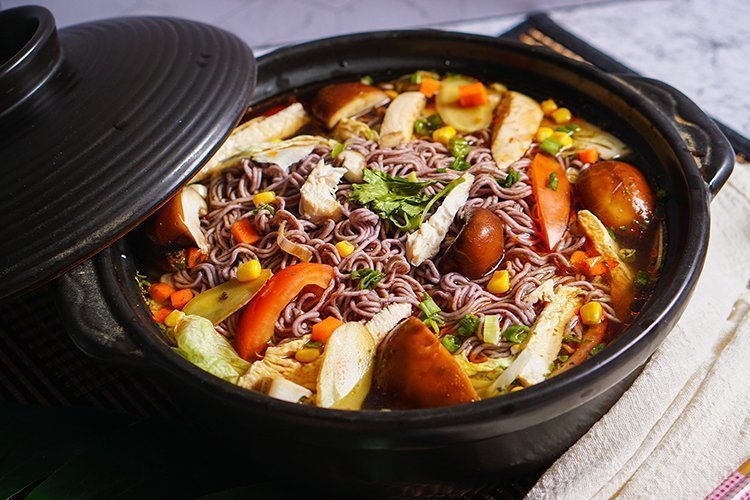3 Ways to Utilise Leftover Ingredients

“Never waste your food.” Our parents taught us this early on in our lives.
We all have overestimated the amount of ingredients we need at some point – and have made a horrible mess of the kitchen at the same time. But leftover ingredients need not be wasted.
When you are left with some extra ingredients, the best thing to do is to make something else with them or utilise them in a way that benefits the environment. Here are some ideas on easy and efficient ways to use leftover ingredients. Let’s take a look.
DIY Food Compost Bin

Composting kitchen scraps is relatively straightforward and doesn’t require much specialised knowledge. Organic household refuse is high in nitrogen and is known as “green” composting material. For successful composting you need to mix this with plenty of “brown” materials which have a high carbon content.
To be composted, the material you choose needs to be biodegradable. But even then, certain types of leftovers should be avoided.
Do not use – Meat, bones, or other animal products (gristle, fat, skin.), fish products, dairy (milk, cheese, yogurt, etc.), animal waste or any kinds of grease or oils. As for cooked food waste, remember the same rules as above. If it’s vegetable based then it should be okay. But if it contains any animal products or a lot of oil, you should avoid adding it to compost.
Vegetable Broth for when Sick

Did you know that a good vegetable broth is a powerhouse of minerals as well? Not to mention making broth out of leftover scraps amazingly reduces food waste. It’s so easy and cheap to make. Just throw your vegetable scraps into a bag in the freezer until you have enough for a batch of broth. Then freeze broth in small portions for making the best soups and sauces EVER! No more buying broth at the grocery store.
Noodles Dishes with Leftover Ingredients

I mean, spare veggies? Of course we’re going to make an amazing batch of hakka noodles. This also helps in recycling waste thereby reducing the amount of unnecessary parts that get thrown away to be made into breeding grounds for microorganisms and diseases.
Not to bore you with recipes because there are already a lot on the internet, noodles made with leftover ingredients simply feels like an extra meal that you earned for free. You can even consult our new KOKA Recipe eBook for some inspiration.
Utilise these ideas to refresh your pantry and fill up your kitchen with a concoction of amazing flavours and smells.
